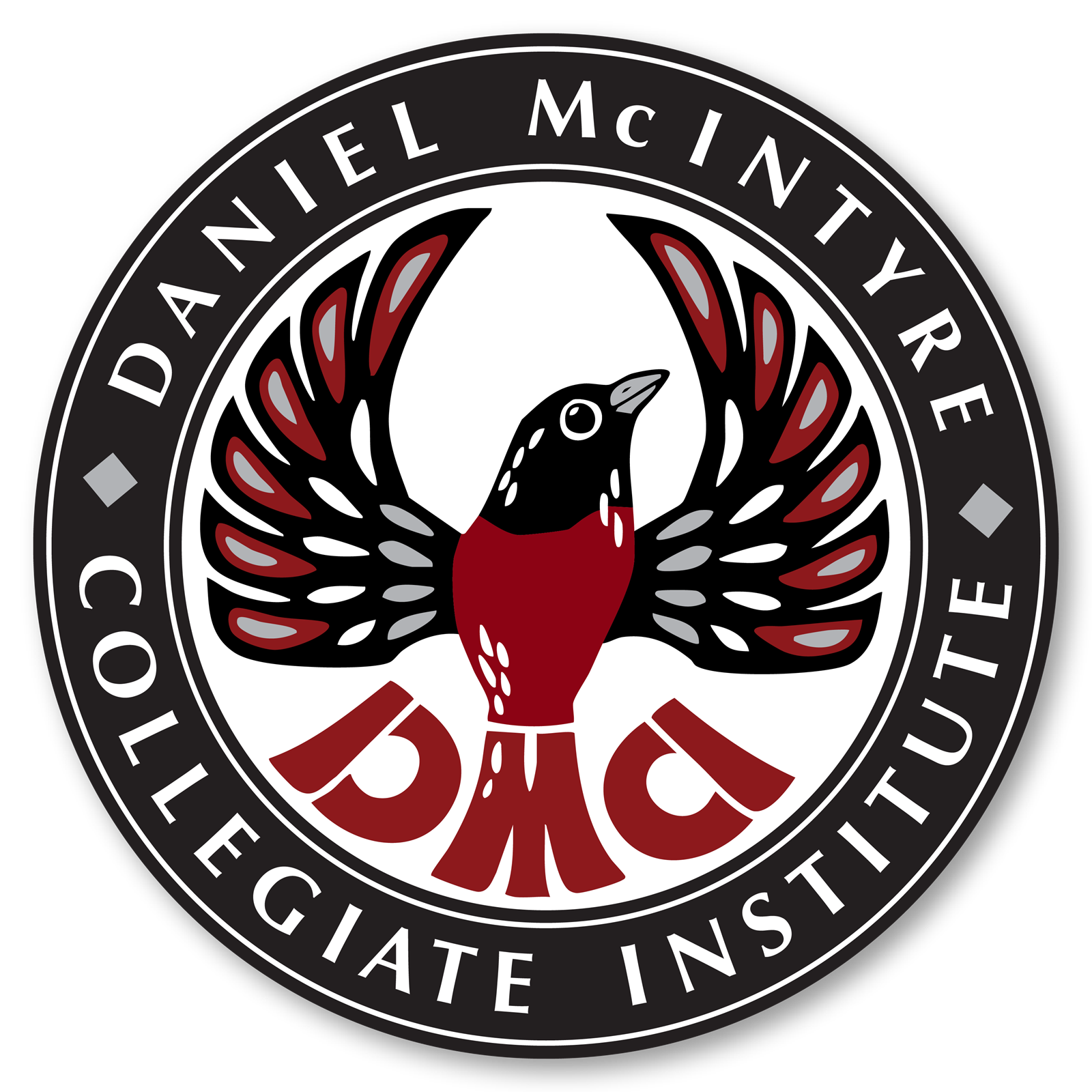Core Academic Classes
September 24, 2024
Daniel McIntyre Collegiate Institute is known for its tradition of academic excellence and supportive learning environment. Students have access to a wide range of core subjects, including English, mathematics, science, social studies, and physical education. Additionally, the school provides opportunities for enrichment through various elective courses and extracurricular activities. The dedicated faculty and staff at Daniel McIntyre strive to create a positive and inclusive atmosphere that encourages students to reach their full potential. The school is a great place to learn and grow.
English
The Manitoba English Curriculum is designed to develop and improve the academic skills associated in listening, speaking, reading, writing, viewing and representing.
The following courses are designed to improve literacy skills not only within the English classroom, but cross-circularly as well. Please note: Students may not be enrolled in multiple grade level courses in one semester.
Some terminology you may want to understand before you read on:
- Literary is the academic understanding of literature, connected to ideas and themes in both an historical and contemporary context within our society- the art of language.
- Transactional is the pragmatic role of communication that is applicable to current fiction and nonfiction forms- the function of language.
Further English resources may be found on Ms. Jones' Blog.
Mathematics
The mathematics program is designed to provide pre-requisite knowledge, skills, and critical-thinking skills for specific post-secondary programs or direct entry into the workforce.
- Grade 9 Mathematics: This is a required foundation course for all Grade 9 students.
- Essential Mathematics: This program is designed to provide students with the mathematical understandings and critical-thinking skills for entry into the majority of trades, and for direct entry into the workforce.
- Applied Mathematics: This program is designed to provide students with the mathematical understandings and critical-thinking skills identified for post-secondary studies that do not require the study of theoretical calculus.
- Pre-Calculus Mathematics: This program is designed to provide students with the mathematical understandings and critical-thinking skills identified for entry into post-secondary studies that require theoretical calculus.
- Enriched programming: The Enriched Mathematics program focuses on exploring mathematical concepts at a more in-depth and challenging level through enrichment activities.
- In selecting mathematics courses, students should select based on the requirements for admission to their desired post-secondary program. Programs may have specific grade entrance requirements. See your guidance counsellor for additional information.
Physical and Health Education
This is a full credit compulsory course that teaches students the benefits of leading an active and healthy lifestyle. This course is designed to allow students the opportunity to participate in a wide variety of activities that will increase their knowledge of fitness and build movement and personal management skills. The health portion of the course discusses topics such as, nutrition, first aid, healthy relationships and bullying.
Science
“The most incomprehensible thing about our universe is that it can be comprehended.” – Albert Einstein.
Your understanding of science begins here at DMCI. Our science programs will help you explore the world around you and provide you with a solid foundation for your future careers in science. Advanced Placement (AP) classes, enriched classes, hands on labs, special projects and competitions, and partnerships with Universities and the community provide students with a wide range of opportunity to challenge themselves and make their science learning at DMCI the best experience possible.
Social Studies
The Manitoba Social Studies Curriculum studies people in relation to each other and to the world in which they live. In Manitoba, social studies comprise the disciplines of history and geography, draws upon the social sciences, and integrates relevant content from the humanities. As a study of human beings in their physical, social, and cultural environments, social studies examines the past and present, and looks toward the future. Social studies helps students acquire the skills, knowledge, and values necessary to become active democratic citizens and contributing members of their communities, locally, nationally, and globally.


